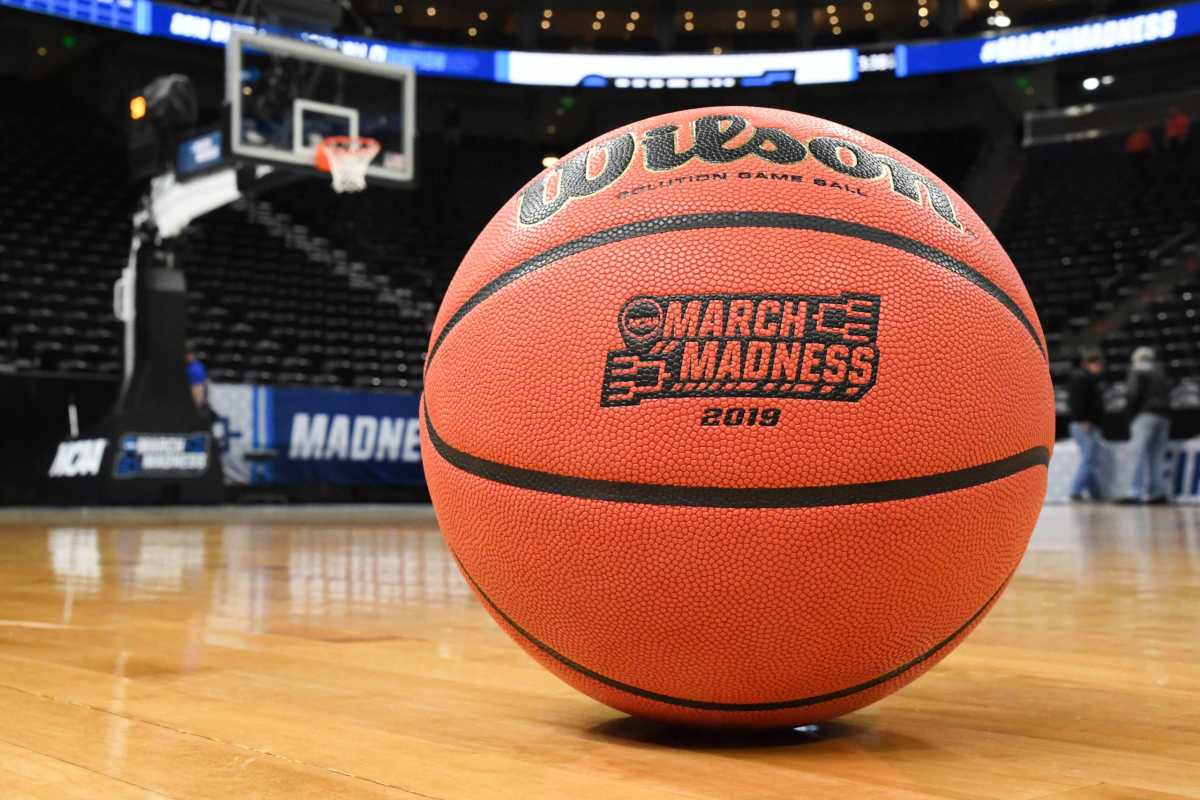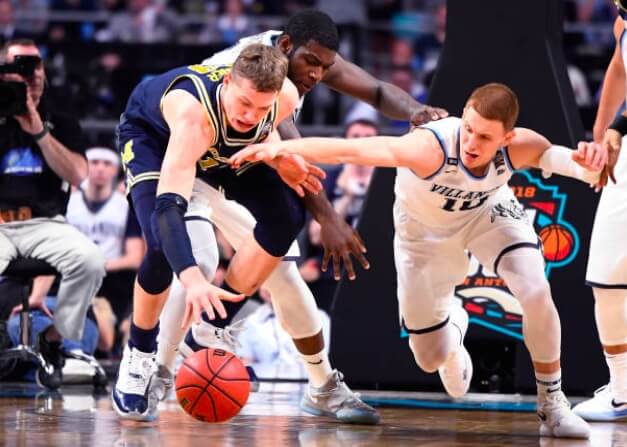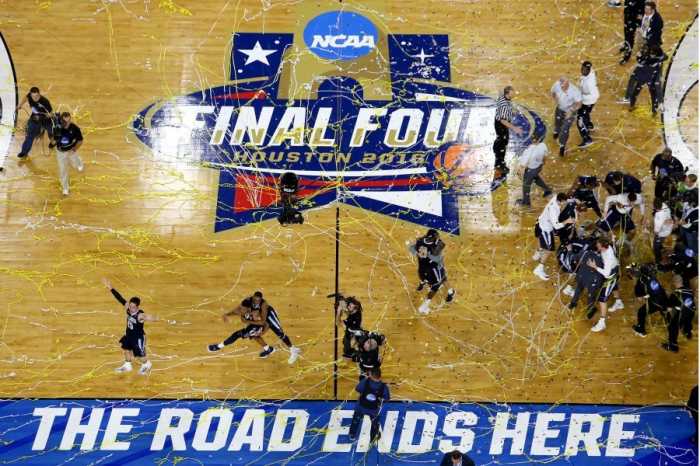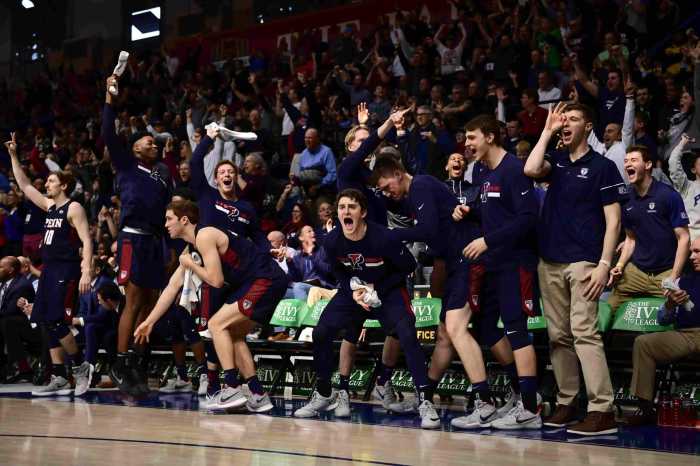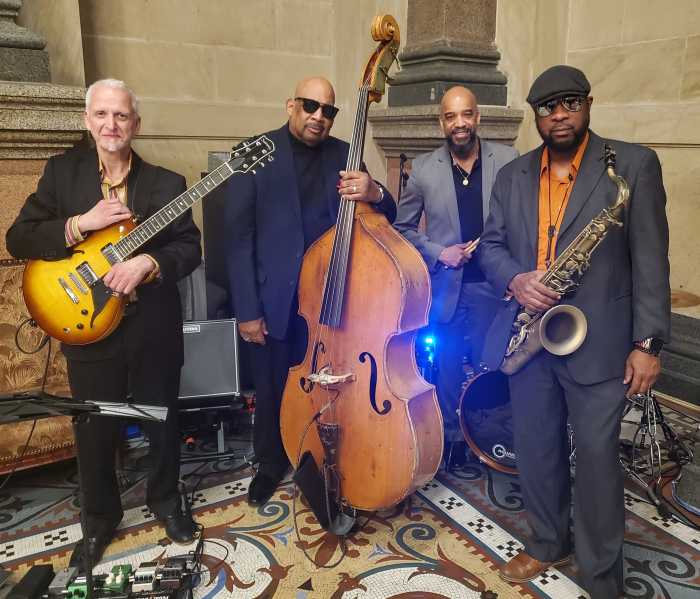The NCAA Division I Men’s Basketball Committee announced Monday that they will relocate 13 predetermined preliminary round sites for the 2021 NCAA Tournament, also known as March Madness.
The 68-team tournament will be held in one geographic area, which is believed to be the original host of the 2021 Final Four, Indiana.
Negotiations are already underway between the NCAA and the state to host all games around the Indianapolis metropolitan area during the coordinated dates ranging between March and April. The Final Four is scheduled from April 3-5.
Such a decision to relocate the earlier rounds of the tournament comes as the United States faces another spike in the COVID-19 pandemic. On Saturday, there were an additional 184,000 cases reported across the United States, which was the fourth-straight day of a record high being set.
“My committee colleagues and I did not come lightly to the difficult decision to relocate the preliminary rounds of the 2021 tournament, as we understand the disappointment 13 communities will feel to miss out on being part of March Madness next year,” said Mitch Barnhart, chair of the Division I Men’s Basketball Committee and University of Kentucky athletics director. “With the University of Kentucky slated to host first- and second-round games in March, this is something that directly impacts our school and community, so we certainly share in their regret. The committee and staff deeply appreciate the efforts of all the host institutions and conferences, and we look forward to bringing the tournament back to the impacted sites in future years.”
The NCAA’s decision to move to a central hub city follows similar paths taken by the NBA and NHL, which finished their 2019-20 seasons in a bubble to ensure the health and safety of all its players and staff members.
“The committee and staff have thoughtfully monitored the pandemic to develop potential contingency plans,” NCAA president Mark Emmert said. “The Board of Governors and my top priorities are to protect the health and well-being of college athletes while also maintaining their opportunity to compete at the highest level. These principles have guided the decision-making process as we continue to assess how to have a fair and safe championship experience.”
This article first appeared on AMNY.com



